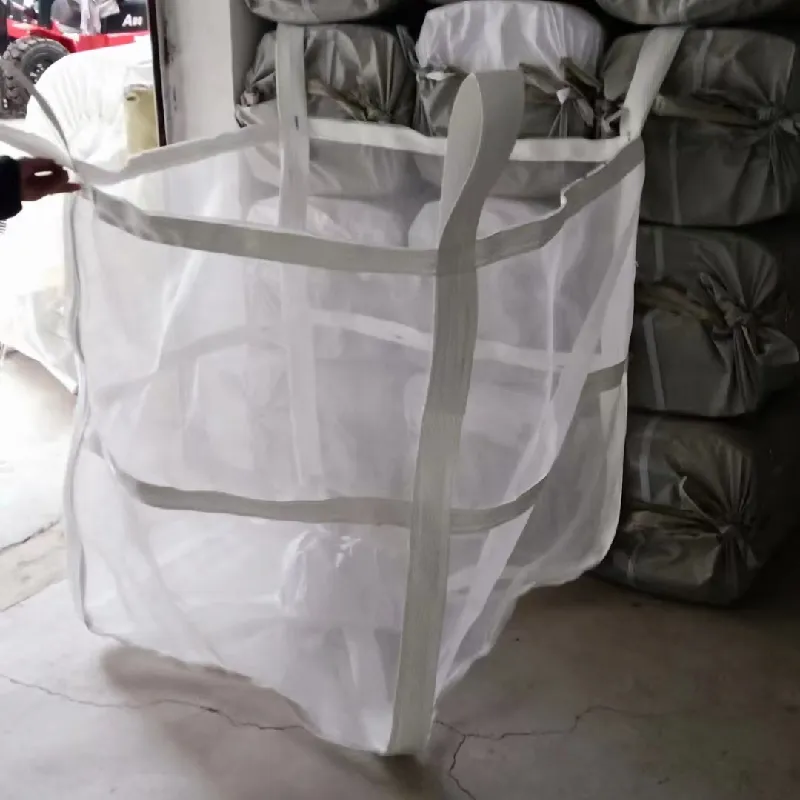-
 Afrikaans
Afrikaans -
 Albanian
Albanian -
 Amharic
Amharic -
 Arabic
Arabic -
 Armenian
Armenian -
 Azerbaijani
Azerbaijani -
 Basque
Basque -
 Belarusian
Belarusian -
 Bengali
Bengali -
 Bosnian
Bosnian -
 Bulgarian
Bulgarian -
 Catalan
Catalan -
 Cebuano
Cebuano -
 China
China -
 Corsican
Corsican -
 Croatian
Croatian -
 Czech
Czech -
 Danish
Danish -
 Dutch
Dutch -
 English
English -
 Esperanto
Esperanto -
 Estonian
Estonian -
 Finnish
Finnish -
 French
French -
 Frisian
Frisian -
 Galician
Galician -
 Georgian
Georgian -
 German
German -
 Greek
Greek -
 Gujarati
Gujarati -
 Haitian Creole
Haitian Creole -
 hausa
hausa -
 hawaiian
hawaiian -
 Hebrew
Hebrew -
 Hindi
Hindi -
 Miao
Miao -
 Hungarian
Hungarian -
 Icelandic
Icelandic -
 igbo
igbo -
 Indonesian
Indonesian -
 irish
irish -
 Italian
Italian -
 Japanese
Japanese -
 Javanese
Javanese -
 Kannada
Kannada -
 kazakh
kazakh -
 Khmer
Khmer -
 Rwandese
Rwandese -
 Korean
Korean -
 Kurdish
Kurdish -
 Kyrgyz
Kyrgyz -
 Lao
Lao -
 Latin
Latin -
 Latvian
Latvian -
 Lithuanian
Lithuanian -
 Luxembourgish
Luxembourgish -
 Macedonian
Macedonian -
 Malgashi
Malgashi -
 Malay
Malay -
 Malayalam
Malayalam -
 Maltese
Maltese -
 Maori
Maori -
 Marathi
Marathi -
 Mongolian
Mongolian -
 Myanmar
Myanmar -
 Nepali
Nepali -
 Norwegian
Norwegian -
 Norwegian
Norwegian -
 Occitan
Occitan -
 Pashto
Pashto -
 Persian
Persian -
 Polish
Polish -
 Portuguese
Portuguese -
 Punjabi
Punjabi -
 Romanian
Romanian -
 Russian
Russian -
 Samoan
Samoan -
 Scottish Gaelic
Scottish Gaelic -
 Serbian
Serbian -
 Sesotho
Sesotho -
 Shona
Shona -
 Sindhi
Sindhi -
 Sinhala
Sinhala -
 Slovak
Slovak -
 Slovenian
Slovenian -
 Somali
Somali -
 Spanish
Spanish -
 Sundanese
Sundanese -
 Swahili
Swahili -
 Swedish
Swedish -
 Tagalog
Tagalog -
 Tajik
Tajik -
 Tamil
Tamil -
 Tatar
Tatar -
 Telugu
Telugu -
 Thai
Thai -
 Turkish
Turkish -
 Turkmen
Turkmen -
 Ukrainian
Ukrainian -
 Urdu
Urdu -
 Uighur
Uighur -
 Uzbek
Uzbek -
 Vietnamese
Vietnamese -
 Welsh
Welsh -
 Bantu
Bantu -
 Yiddish
Yiddish -
 Yoruba
Yoruba -
 Zulu
Zulu
Innovative Applications of Welded Wire Fabric in Modern Construction and Design
Understanding Welded Wire Fabric Its Applications and Benefits
Welded wire fabric, often referred to as welded wire mesh, is a popular construction material composed of intersecting wires that are welded together at their junctions. This type of mesh is commonly used in various construction applications due to its strength, durability, and versatility. Understanding welded wire fabric and its applications can provide insight into its importance in modern construction and engineering.
The primary component of welded wire fabric is steel wire, which is specifically designed to withstand high tensile loads. The wires are arranged in a grid pattern and welded together at predetermined intervals, creating a uniform mesh that can be easily handled and installed. Available in different sizes, gauges, and configurations, welded wire fabric can be tailored to meet specific project requirements, making it an adaptable solution for various construction needs.
One of the most common applications of welded wire fabric is in reinforced concrete construction
. When embedded within concrete slabs, walls, and foundations, it enhances structural integrity by distributing loads evenly, thereby reducing the likelihood of cracking and structural failures. This reinforcement is particularly advantageous in settings prone to dynamic loads, such as bridges, pavements, and industrial flooring.welded wire fabric

In addition to its use in concrete reinforcement, welded wire fabric is also utilized in forming various structural components. For example, it can be used to fabricate fences, partitions, and supports in agricultural and industrial settings. The mesh's strength and corrosion resistance make it an ideal choice for livestock enclosures, security barriers, and storage racks.
Another advantage of welded wire fabric is its ease of installation. Unlike other reinforcement methods that may require complex procedures or additional materials, welded wire mesh can be rolled out and cut to size quickly. This not only speeds up the construction process but also reduces labor costs, making it a cost-effective choice for contractors and builders.
Furthermore, welded wire fabric is environmentally friendly. As a reusable and recyclable material, it aligns with sustainable construction practices. It is often produced with minimal waste, and its long lifespan reduces the need for frequent replacements, thereby lowering the overall environmental impact.
In conclusion, welded wire fabric is an essential material in modern construction, enhancing the strength and longevity of structures while providing versatility and ease of installation. Its applications span from reinforced concrete to fencing and structural supports, making it a valuable asset in various industries. As construction techniques evolve and demand for efficient materials increases, welded wire fabric will undoubtedly continue to play a significant role in shaping infrastructure. Understanding its properties and benefits is crucial for architects, engineers, and builders who aim to optimize their projects for performance and sustainability.
-
Shipping Plastic Bags for Every NeedNewsJul.24,2025
-
Safety Netting: Your Shield in ConstructionNewsJul.24,2025
-
Plastic Mesh Netting for Everyday UseNewsJul.24,2025
-
Nylon Netting for Every UseNewsJul.24,2025
-
Mesh Breeder Box for Fish TanksNewsJul.24,2025
-
Expanded Steel Mesh Offers Durable VersatilityNewsJul.24,2025











